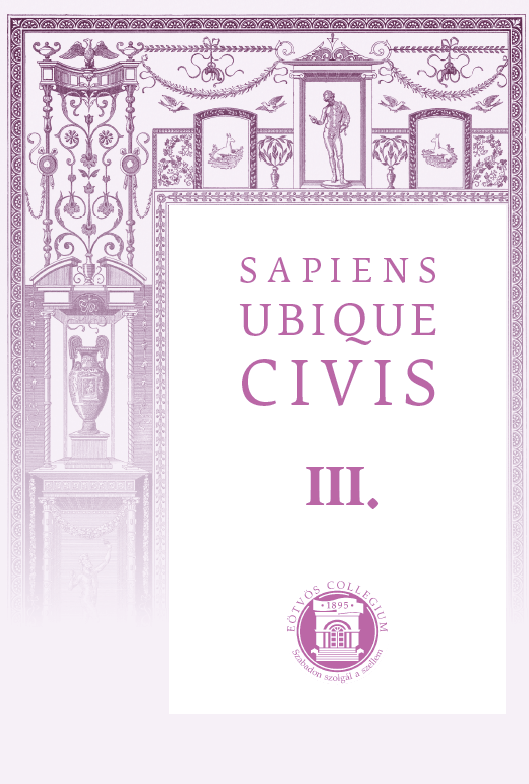Rome and Human Sacrifices
Main Article Content
Abstract
This study examines how the Romans judged the custom of human sacrifices at the end of the Republic and during the Principate. The beginning of the study focuses on the period when Romans still practiced human sacrifices. Following this is an examination of Strabo’s, Diodorus’ and Caesar’s descriptions concerning Celtic human sacrifices. At the end of the study, the question is posed whether these authors were independent or not. The theory of J. J. Tierney is also scrutinized. Regarding Caesar’s account, it is also proposed that he may have been more independent of Posidonius’ description than scholars believe, and thus his description seems less suitable for reconstructing Posidonius’ work.
Article Details
How to Cite
Kapi, P. (2023). Rome and Human Sacrifices. Sapiens Ubique Civis, 3, 277–290. https://doi.org/10.14232/suc.2022.3.277-290
Section
Articles

